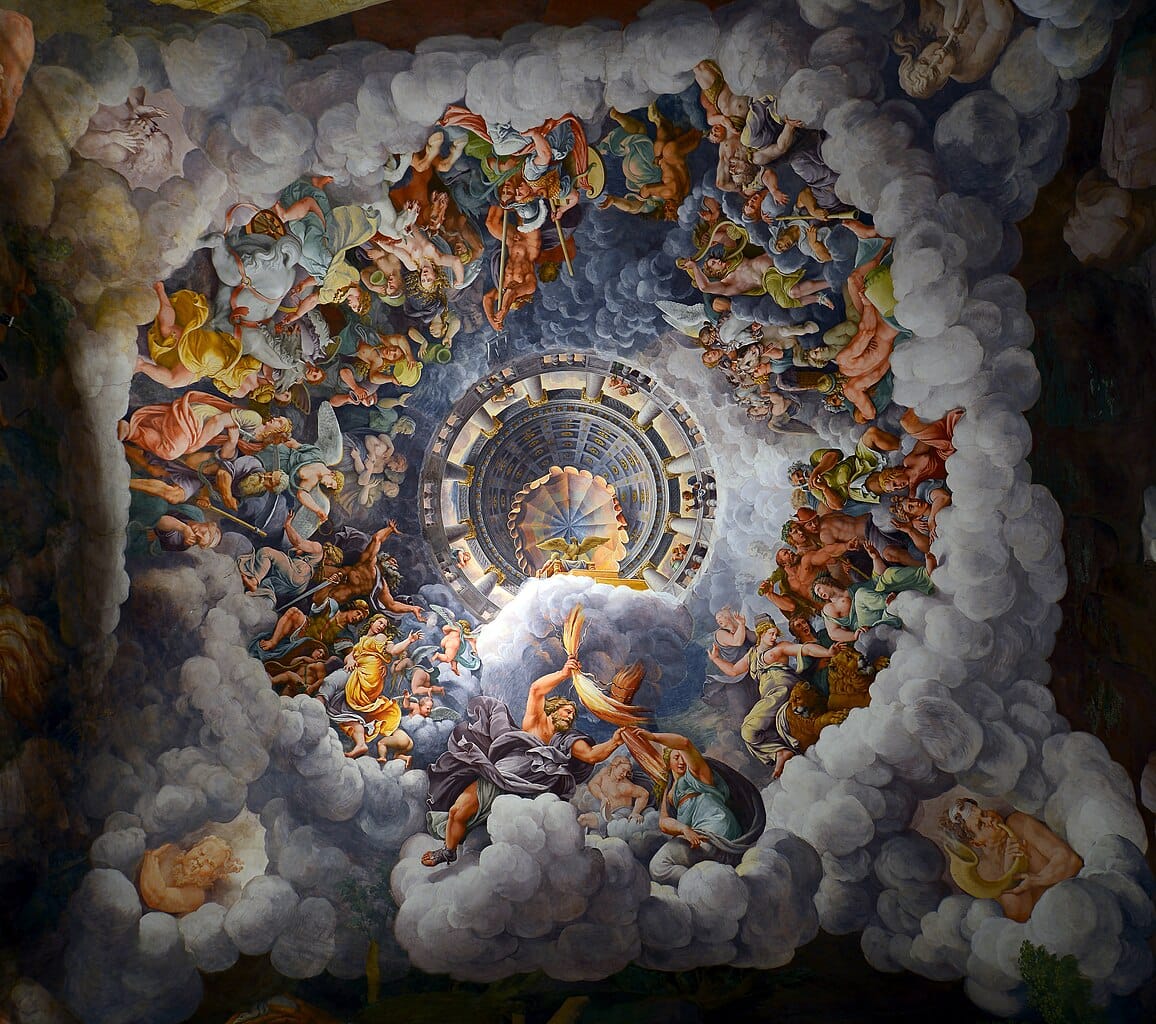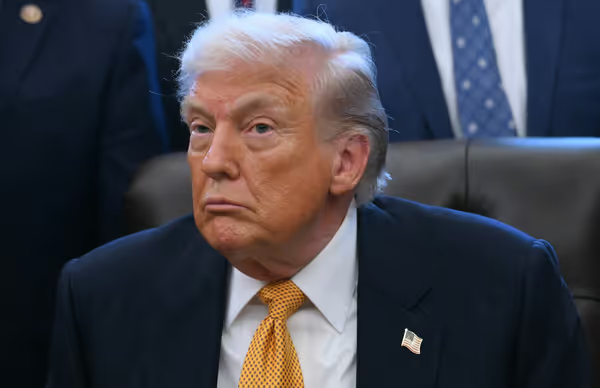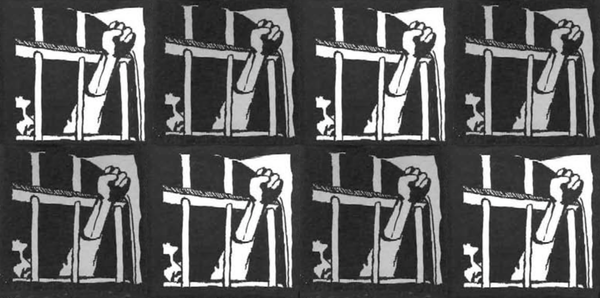Defining God

St. Anselm famously defined God as "that than which nothing greater can be thought." He had set out to defend the existence of God by the use of reason alone, and arrived at a proof by way of definition. If it does not exist, then it is not God. God exists by definition. Baruch Spinoza later argued along similar lines. God's essence, he said, includes existence. It's not so much that X proves that God exists, but that God cannot be thought not to exist, for existence is necessary to the definition of God. If what you're talking about can be thought not to exist, then what you are talking about is not God.
I think of this argument less as a "Checkmate, atheists!" moment and more as a challenge to theologians on how we think about God. Anselm also said God is "greater than can be thought." No matter what we think about when we think about God, what we are thinking is not God. God, Anselm maintained, is "ineffable," incapable of being identified by language. The inexpressibility of God necessitates the overturning of all conceptions of God, atheist or otherwise, for our image of God can never be truly identified with God. It is always an idol.
God as father is an idol. God as king is an idol. God as master is an idol. Theologians have to learn how to think anti-idolatrously. We have to learn how to contradict and supplant traditional conceptions of God as reflected in the Bible and in the history of theology, because they are full of images of God that cannot be identified with God.
Thinking of God as father divinizes fatherhood. It makes fatherhood comparable to divinity, and thereby exalts all fathers. We worship fatherhood through the image of God as father, and therefore make an idol of fatherhood. For transcending the image of God as father, queering theology is necessary.
Queer theory overcomes binaries. Where humans become locked into categories of man v. woman, boy v. girl, masculine v. feminine, queer theory disrupts these categories. It sees gender as a spectrum, and refuses to let one's place on that spectrum be dictated by whether one has a penis or vagina.
God has been coded as male. Relying predominantly on images like father and king, humans have come to assume God is a "he." Even theologians like Karl Barth who stressed the incomprehensibility of God still maintained a male-dominated view of God, following after the Bible. But in order to speak truthfully of God, we must be able to transcend the biblical depictions of God. We must be able to understand that the Bible was written by various human authors, most of whom wrote from a starkly patriarchal perspective. This perspective compromised their faithful witness to the holiness of God. That God is holy means that God is beyond categorization. If God were to fit into our neat categories of male or female, God would cease to be the God who transcends and would be a mere idol. And that is what the history of theology has made of God by making God male.
Queer theology witnesses to the transcendence of God, to the mystery of divinity. God should not secure our human categories as if God were the nice decor that turned an ordinary room into a fancy restaurant. God's transcendence is a challenge to humanity, a question mark over all human arrangements. Divinity hangs over us as an unsolved problem. How can we be different? Divinity beckons us toward change, invites us into transcendence, reveals the mysteriousness at the heart of human being. We are not complete, self-sufficient, perfect, or finished. We are mysterious. We inhere unfathomed depths.
Idol worship alienates us from the truth. When we worship an idol, we not only exchange God for a lie, we exchange ourselves for a lie. When we worship manhood in God, we sacrifice ourselves to manhood, and thus become alienated beings. Men suppress their femininity, women suppress their masculinity. We give up our multitudes and become contorted, unnatural beings, striving to live up to phantom ideals that never seem to hold up under scrutiny.
I prefer they/them pronouns for God. And this is not only because Christian orthodoxy defines God as three-in-one (although Christian theologians need to seriously consider this point). Nor is it just because in Genesis God says "Let us make humankind in our image" (although biblical theologians need to seriously consider this point). They/them pronouns in general signify a multiplicity when applied to one person. If we say that God is one, we should still acknowledge God cannot be "he," for this pronoun limits God. "He" domesticates God. "He" boxes God in. They/them pronouns allow for greater fluency, greater freedom in God. It acknowledges the mystery of God, the ability of God to surprise us, to always be more than we expect.
But even oneness limits God, in my opinion. Why is God not a community, a plurality, a pantheon? To be mysterious and transcendent means to be unfathomable, uncontainable. How is God to be contained into one?
Let us not say that God is simple, lest we make ourselves more interesting than God. Let us rather admit that if God is truly God, God is beyond our comprehension, more and not less complex than we are. For if we can think it, then it is not God.



